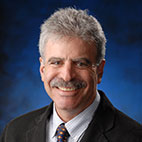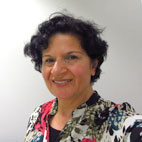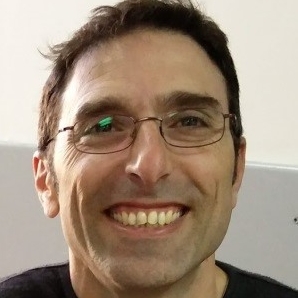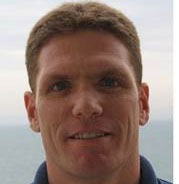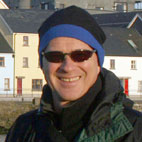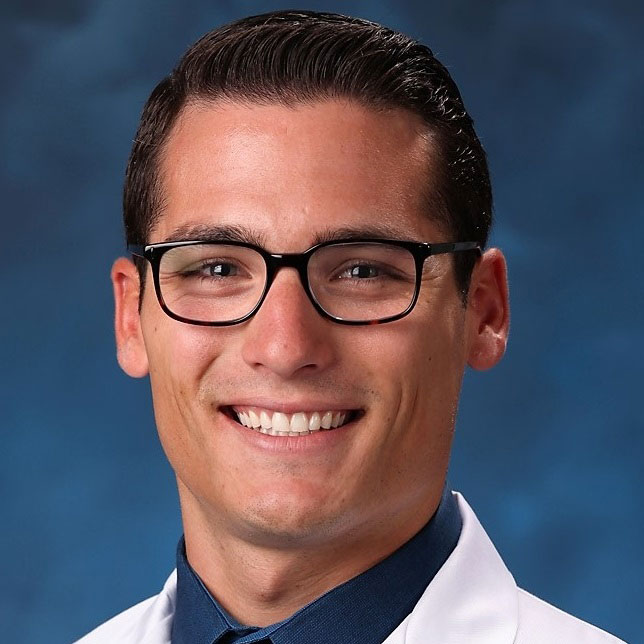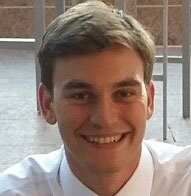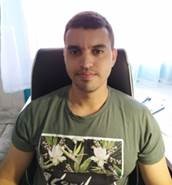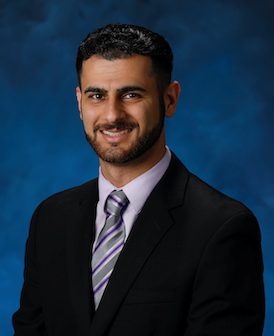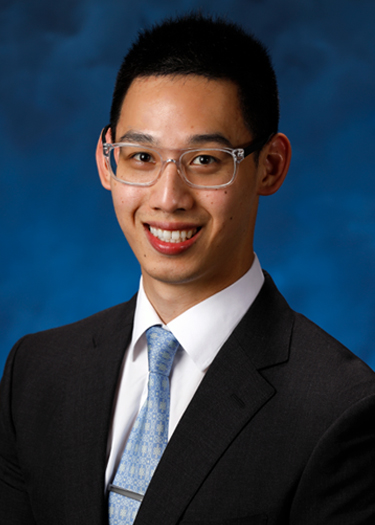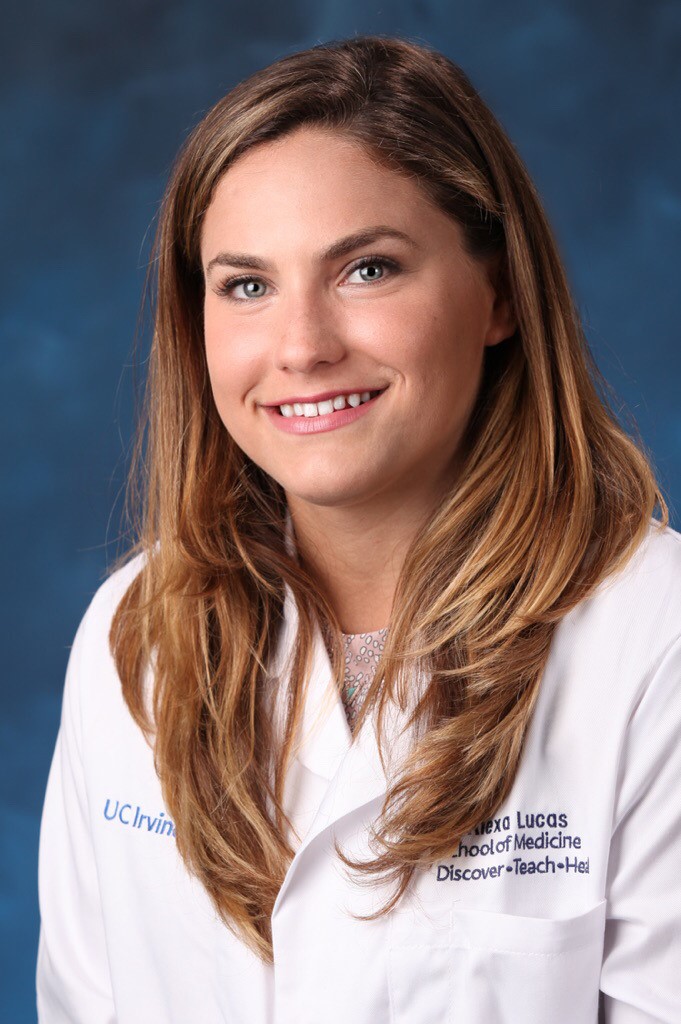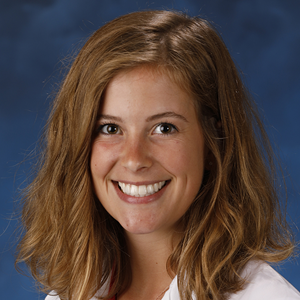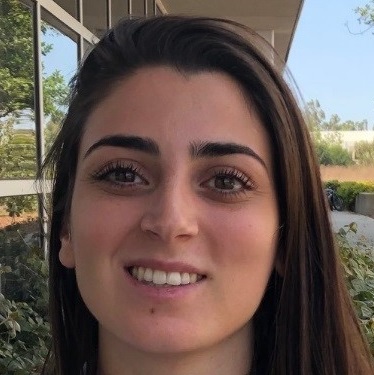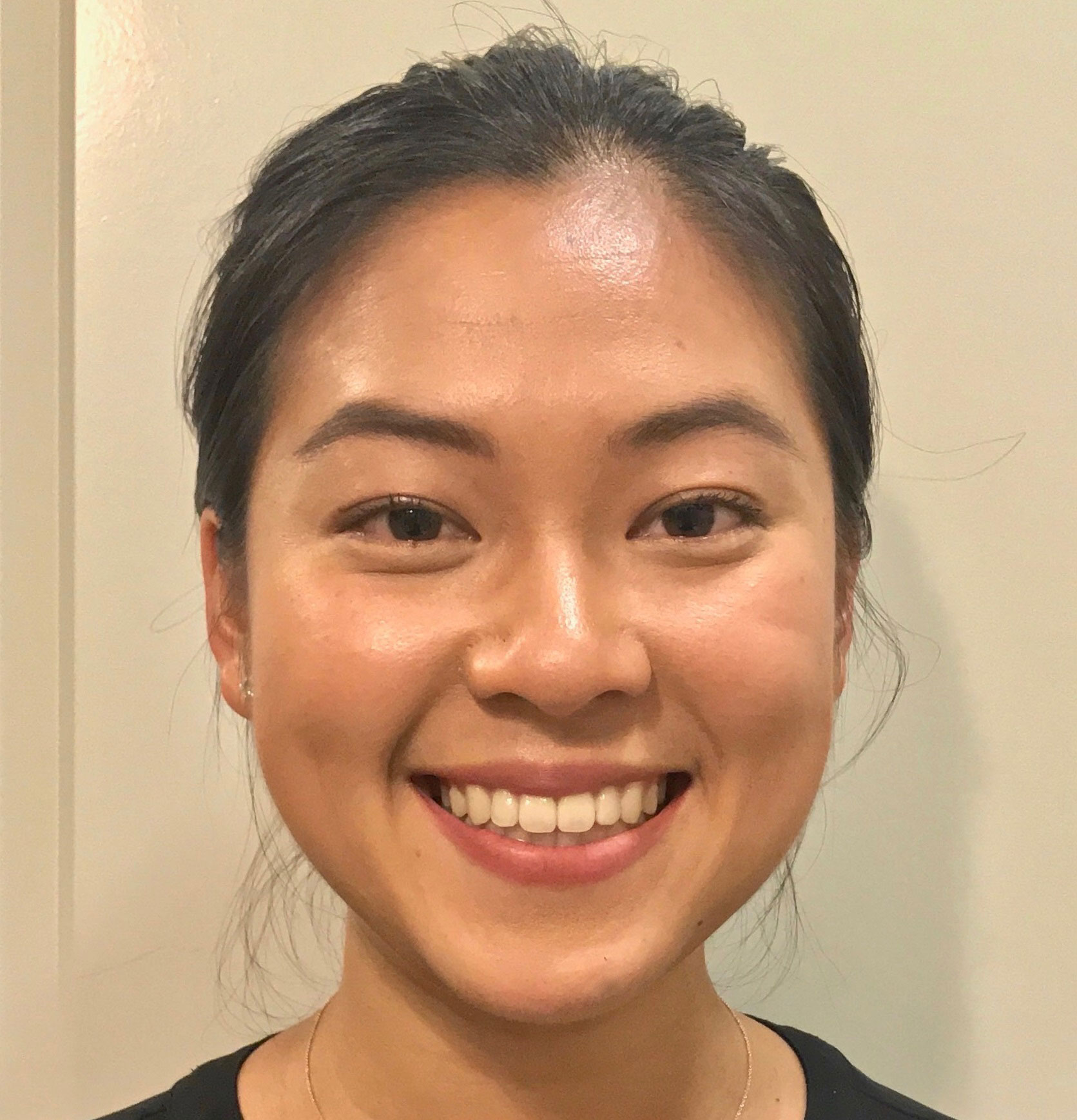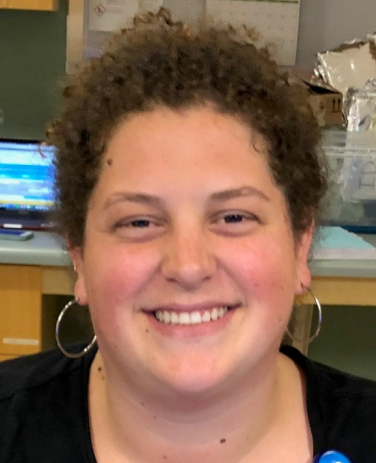 |
|
PERC Group Members
|
Shlomit Radom-Aizik, PhD |
Primary research focus: Functional genomics and exercise physiology, including: immune system and muscle genomic and epigenetic responses to exercise; effects of exercise and training during childhood and adolescence; the effects of exercise and training on children with chronic disease and those with special needs. As a molecular biologist and exercise physiologist, Shlomit Radom-Aizik, PhD, seeks to open new avenues of research in the molecular transducers of physical activity, focusing on the genomic and epigenetic response of circulating leukocytes to exercise. In her role as executive director of PERC, she oversees a team of research associates, exercise technicians, trainers and molecular laboratory technicians who have successfully studied and trained hundreds of healthy children and adolescents in prescriptive exercise, as well as children with conditions including obesity, asthma, leukemia, congenital heart disease and spina bifida. |
“By understanding the molecular mechanisms responsible for the beneficial effects of exercise, we can better prescribe exercise for all children. In this way, we optimize health outcomes and push the boundaries of the body and mind.”
|
Dan M. Cooper, MD |
Primary research focus: How exercise can best be used to prevent asthma and obesity in children, with particular interest in new therapies involving both pharmacologic and lifestyle interventions. Dan M. Cooper, MD, is recognized for his transformative efforts to uncover the molecular mechanisms of exercise that affect children's health. Cooper, who is board certified in pediatrics and pediatric pulmonology, has conducted NIH-funded research for more than 30 years. This unique combination of clinical expertise and robust research experience places Cooper in an ideal position to guide and mentor young investigators. His projects are designed to develop platforms to translate research discoveries that will ultimately benefit children's health. |
"The right kind of exercise at the right time in childhood can promote health across the life span."
|
Jen Jen Chen, MD |
Primary research focus: Tele-exercise, remote monitoring and cystic fibrosis. Through a telemedicine platform at PERC, Jen Jen Chen, MD, streams live exercises to children with cystic fibrosis (CF), a population that is less inclined to be active and exercise regularly. The program motivates these children to exercise, which can result in positive health benefits. It also helps Chen assess the feasibility of this type of program in the everyday life of a CF patient. Her research incorporates biometric monitoring with accelerometers and heart-rate monitors, as well as exercise and physical activity assessments, to evaluate patients’ fitness and habitual physical activity levels. Chen soon will complement her clinical and research skills with an advanced degree in data science. Her bioinformatics insights will add an important perspective to PERC’s study of exercise as medicine for children. |
"Combining advances in the brave new world of data science with the ability to integrate ‘big data’ into exercise-as-medicine will be the new frontier of physical activity research."
|
Fadia Haddad, PhD |
Primary research focus: Functional testing of leukocytes, RNA and DNA analyses, as well as epigenetic modifications in response to chronic and acute exercise. As PERC's laboratory manager, Fadia Haddad, PhD, supervises all molecular assays for the center's research. She has more than 30 years of experience developing and performing molecular assays to study gene function, transcriptional regulation and the effect of exercise/activity/inactivity, growth and the endocrine system on genomic and epigenetic molecular mechanisms in the tissue/cells. Haddad’s main mission at PERC is to adopt new laboratory technologies to advance exercise-as-medicine for children's health. Using cutting-edge technologies and tools, she ensures that sample collection and processing protocols are performed according to highest standard procedures. |
"New technologies have revolutionized our ability to understand exercise at the molecular levels. Today we can use sophisticated techniques that are completely feasible in children, to probe how individual cells respond, grow and develop in response to physical activity."
|
Kim Lu, MD |
Primary research focus: The interaction between fitness, asthma and obesity. Asthma and obesity are significant diseases that affect many children and their families. Obesity has an impact on the risk for asthma and on health throughout a person's lifespan. As a pediatric pulmonologist, Kim Lu, MD, seeks to better understand how physical activity and weight affect asthma in children. Her studies explore ways cinicians can use exercise as treatment for children with asthma and obesity. |
"In order to understand the relationship of obesity and asthma, both terrible epidemics in today’s children, we must probe the impact of exercise on fundamental genomic function in the immune system."
|
Dwight Nance, PhD |
Primary research focus: Long-term immunological and behavioral effects of metabolic and physical challenges faced early in life, and the further development of animal models of asthma, obesity and metabolic syndrome. Diet and exercise have a powerful impact on the development of humans, and may provide novel therapies for the treatment of chronic diseases in children. As a neuroimmunologist, Dwight Nance, PhD, is interested in the interactions between the brain and immune system. His current research is helping to develop experimental models of childhood diseases to further test the role of these experimental interventions. |
"Exercise can lessen the damaging effects of stress. We must gain a better understanding of these processes in children, in whom very little basic research exists linking stress, exercise and overall health."
|
Candice Taylor, MD,MPH, FAAP |
Primary research focus: Early-life physical activity and childhood obesity, with special consideration for health disparities and fitness gaps that exist among youths in minority and underserved communities. As an academic general pediatrician and physician-researcher, Candace Taylor, MD, studies the effects of exercise and advocates for children to engage in active play and other physical activity as early as infancy. PERC research findings often make their way into her patient care. And it’s not uncommon for a wellness check or weight management visit to conclude with the patient receiving a prescription for exercise. Taylor shares her knowledge and experience with community-based organizations, promoting health behaviors that prevent obesity and diabetes among children and adolescents. |
"Physical activity matters to healthy growth. It takes a village—children, families, neighborhoods, healthcare providers, daycare programs, schools, community-based organizations, health systems and more—to enable children to achieve their daily dose of active play."
|
Frank Zaldivar, PhD |
Primary research focus: Exercise immunology and community outreach. Frank Zaldivar, PhD, is an immunologist who leads the PERC flow cytometry program. He also directs the Biospecimen Handling and Storage Unit at the UC Irvine Institute for Clinical and Translational Science. With a background in immunology and hematology, he has used flow cytometry for 17 years to evaluate how exercise in growing children affects circulating immune cells. Flow cytometry is the cornerstone of any immunology laboratory exercise, including at PERC. Zaldivar has published extensively with PERC team on growth and exercise in children. His vision is to use flow cytometry to explore children’s immune systems and to determine how exercise can improve health and prevent adult diseases, like atherosclerosis and cancer. |
"Just a short time ago, few would have believed that we could identify markers on individual white blood cells that indicate where a cell has been, where it’s going and how it might respond to stress. Today, breathtaking advances in flow cytometry make this all possible."
|
Autumn Ivy, MD, PhD |
Primary research focus: Primary research focus: exercise, neuroepigenetics, and the developing brain. Exercise is known to be a powerful, positive modulator of cognitive function in humans. In rodent models, mechanisms underlying the beneficial effects of exercise on cognition include the formation of new connections between neurons, increased numbers of newborn neurons, and expression of factors directly implicated in the strength and survival of these neurons. But, what is the impact of exercise on the developing brain? And, what type and ‘dose’ of exercise leads to benefits in cognitive functions? The Ivy Lab tests the overarching hypothesis that physical activity during early childhood leads to long-lasting changes in the way the brain develops and functions. The lab focuses on identifying specific epigenetic mechanisms activated within neurons early in life, as those neurons are first establishing their connections. Dr. Ivy believes that understanding neurobiological mechanisms of early-life exercise underlying brain function can lead to specific, targeted treatment and exercise recommendations for various patient populations within pediatrics and pediatric neurology. |
“All children deserve the opportunity for optimal brain development and function throughout their lifespan. As we identify childhood risk factors for later-life cognitive problems (such as stress, trauma, or genetic disorders), we must also identify tangible, early-life interventions to offset these negative consequences.”
|
Nitsan Dror, MD |
Primary research focus: How exercise affects the growing child. Childhood is a unique time where hormonal changes are responsible for our future. My interest is in how exercise effects those hormonal changes especially growth hormones and bone metabolism during childhood and puberty. Nitsan Dror, MD, is pediatric endocrinologist from Meir Medical Center, Israel. He conducted studies assessing growth hormones secretion in different types of exercise in children and the effect of growth hormone treatment on the ability to exercise in children with growth hormone deficiency. Currently his focus is the molecular changes in different types of exercise on bone metabolism. |
“As long as one exercises, does not eat to the point of satiation, he will not suffer sickness and he will grow in strength, even if he eats harmful foods. Whoever is sedentary and does not exercise, even if he eats the proper foods and takes care to follow the rules of medicine, will be full of pain for all his days and his strength will fade away”. -Rambam 12th centery
|
Ronen Bar-Yoseph, MD |
Primary research focus: Gas exchange kinetics across the life span; development and standardization of exercise protocols; use of pediatric exercise as medicine. Ronen Bar-Yoseph seeks to better understand the kinetics of oxygen consumption in healthy children and in children with different clinical conditions. His research project begins the process of systematically identifying the best protocols to use for children and young adults. Through oxygen consumption analysis, he strives to better understand how children’s bodies cope with physiological challenges that arise. This research could lead to improved and more accurate fitness assessment both in health and disease. Bar-Yoseph is also a consultant for the UC Irvine Cardiopulmonary Center Clinical Exercise Laboratory. |
"The key to understanding why healthy children or children with chronic diseases are limited in their physical activity lies in advanced mathematical modeling of how children use oxygen while exercising."
|
Greg Adams, PhD |
Primary research focus: Cellular and molecular mechanisms that mediate the adaptation of tissues. Greg Adams, PhD, conducts primary research into the cellular and molecular processes that help tissues adapt to changes in functional demands. A major theme of his work has been the modulation of the adaptation of skeletal muscle in the presence of changing signals received via the circulation (e.g., hormones, growth factors and cytokines) and the presence non-muscle cells that contribute to the immediate environment of the muscle cells. This work is conducted in the context of various states and/or conditions (e.g., exercise, renal failure, spinal cord injury, chronic inflammation) or manifestations thereof (e.g., cytokine levels, chronic inflammation, hypoxia, disuse) that disrupt skeletal muscle homeostasis in both animals and humans. |
|
|
Annamarie Stehli, MPH, earned a master's degree in public health at UC Berkeley, assumed the role of a statistician in the Department of Pediatrics in 2002. She has since contributed to a wide range of projects related to children and families affected by developmental disorders. These included three National Institutes of Health-funded multi-site longitudinal studies, the CHOC-UC Irvine Neurodevelopmental Programs (A First 5 Initiative of the California Children and Families Commission), and interdisciplinary research with programs and investigators in genetics, neuroimaging, clinical trials, education and public health. In 2015, she joined PERC,where she provides analytic support for study design and grant development, outcomes reporting, and manuscript preparation. |
|
Martin Perlsteyn, MD |
Martin Perlsteyn, MD, has research experience from the Université De Montréal, St. Justine Hospital's' Department of Pediatric Endocrinology and from McGill University Language Development Lab. He joins the PERC research team as a study manager for the Fitness for ALL project. This pilot project studies the effect of exercise on the immune system genomic response in children who have survived acute lymphoblastic leukemia (ALL). |
PERC Trainees
|
Joseph Carbone, MS3 |
Abraham Chiu |
Yunho Huh |
Alexandra Lim, MS2 |
|
Sebastian Piombo |
Abel Adrián Plaza Florido |
School of Medicine Exercise is Medicine Elective Course Coordinators
|
Matt Mekany, MS2 |
Joseph Chen, MS2 |
Joseph Carbone, MS2 |
Alexa Lucas, MS2 |
|
Alexandra Lim, MS2 |
Katherine Bogaard, MS2 2019-2020 |
|
|
PERC Study Coordinators
|
|
|
|
Pearl Law |
|
Julia Kim |
PERC Laboratories
|
Scott Graph |
Fadia Haddad, PhD |
Cherryl Nugas
|
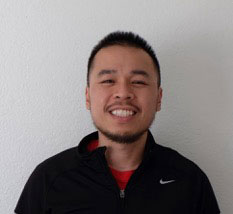
Hoang Pham, MS |
ICTS Staff Supporting PERC Research
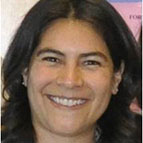 Bridgette Duarte Nutritionist |
 Diane Capobianco, RN Clinical Nurse Manager |
Diana Moyer, RN |
Elena Slabbekoorn, RN |
Joseph Wu Analyst and Programmer Information Techology |

